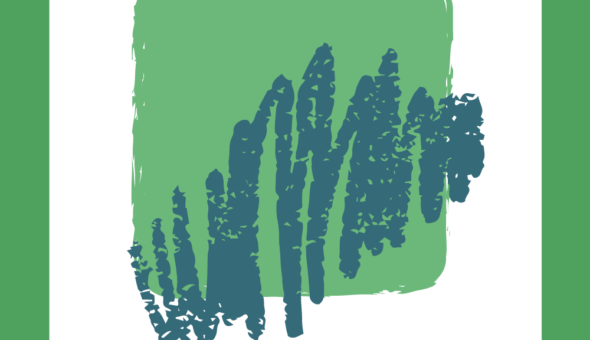Are you considering further study? Find out more about PhDs in our two part blog series written by Matthew, a Doctoral student in Pharmacy and Pharmacology. Look out for part two next week!
If you are considering a scientific career in academia or industry, pursuing a PhD can provide an alternative training pathway compared to the standard graduate scheme or internship. A PhD program allows you to develop a more research-led and independent mindset, answering a novel research question advancing your chosen field.
Some may see a PhD as an extension of university life or an unnecessary step before entering the 'real world,' but my experience tells me otherwise. Undertaking a PhD is far from easy, and certainly not a repeat of the undergraduate experience. But no matter the difficulties in my opinion a PhD not only develops your research and subject skillsets, but teaches you to work independently, take risks, and trust your instincts.
What to look for in a PhD
PhD programs generally fall into two main categories:
- Doctoral training partnerships (DTPs)
- PhD projects
From my experience, DTPs are usually four years, where the first year will be dedicated to training and usually involves two or more projects, one of which you will carry on with for the remaining three years. A project alone will skip this additional year found in a DTP and begin with the project you applied for. In my opinion, due to their additional training, DTPs were more competitive with a highly skilled applicant pool, usually containing candidates who have prior research experiences, an MSc degree, industrial experience, and even publications.
PhD Projects on the other hand were still highly competitive but seemed to attract a smaller applicant pool, usually due to the specificity of the project deterring uninterested candidates. They will still contain the same level of training as a DTP but will not give you the opportunity to try out different projects in the first year. In my case I was happy with projects from a range of different disciplines this did not deter me from applying for standalone PhD projects.
In terms of where to look, I found the majority of PhDs I applied to on FindAPhD. Here you can search by discipline, funding, and location, which really helped narrow down the options that were available to me. In some cases, you can ask an academic directly and see if they have any projects or would consider any supervising students. I found out about my PhD project by asking an academic who put me in contact with their colleague who had a project on FindAPhD. I applied and interviewed, and the rest was history.
PhD applications
During my third year of undergraduate studies, I decided to apply for PhD programs, but after submitting 3 to 4 applications and receiving nothing back, I realized my qualifications weren't sufficient to stand out in the highly competitive applicant pool. To enhance my competitiveness, I opted to pursue an MSc degree, which would distinguish me from the crowd. Once I began my MSc, I aimed to apply for as many PhD positions as possible. Once I found a project I always reached out to the supervisor before applying, expressing interest in their research, and discussing how my background aligned with their work. This not only provided a forum for any questions I had but highlighted my interest in the project to the supervisor.
After applying to a couple of projects and DTPs I created a spreadsheet with all the projects I was interested in and which stage of the application process I was at. This helped me keep track of when the application was due, or if I had contacted the supervisor or not. The applications were typically between 5 – 10 questions going into detail about motivations, experience, and career aspirations. With many applications sharing similar questions or themes, I found that the answers I used in earlier applications were very transferable to new ones to save time.
Interviews
Among the 12 PhD applications I submitted, I received invitations for 5 interviews. I attended three of these interviews and declined the others after accepting a project offer. Before each interview, I thoroughly studied the project and related references, creating a comprehensive document with background information, experimental design, discussed techniques, and any questions I had about the project. Having well-prepared questions displayed my genuine interest and ability to engage in meaningful discussions during the interviews. As well as the project itself I also conducted research on the supervisors of each project, studying their background, experience, and connections to the project. Referring to one of their unrelated papers during the interview was well-received. I also had a set of general questions ready for any PhD program, to ask at the end of each interview, such as inquiries about the supervisor's current students, their supervisory style, and the history of their research group.
Conclusion
Applying for PhDs can be a daunting and time-consuming task, especially if, like me, you are doing it alongside your studies. From my experience, it does get easier the more you do, as the applications start to feel more routine. But like with all job applications you will face rejection (a lot in my case), but you only need to secure one, and that’ll get you one step closer to your doctoral degree.
More help
If you are deciding whether to undertake further study or starting to apply. Careers can help.
Check our our Get Started guide to Further study on MyFuture (login required)
Respond


